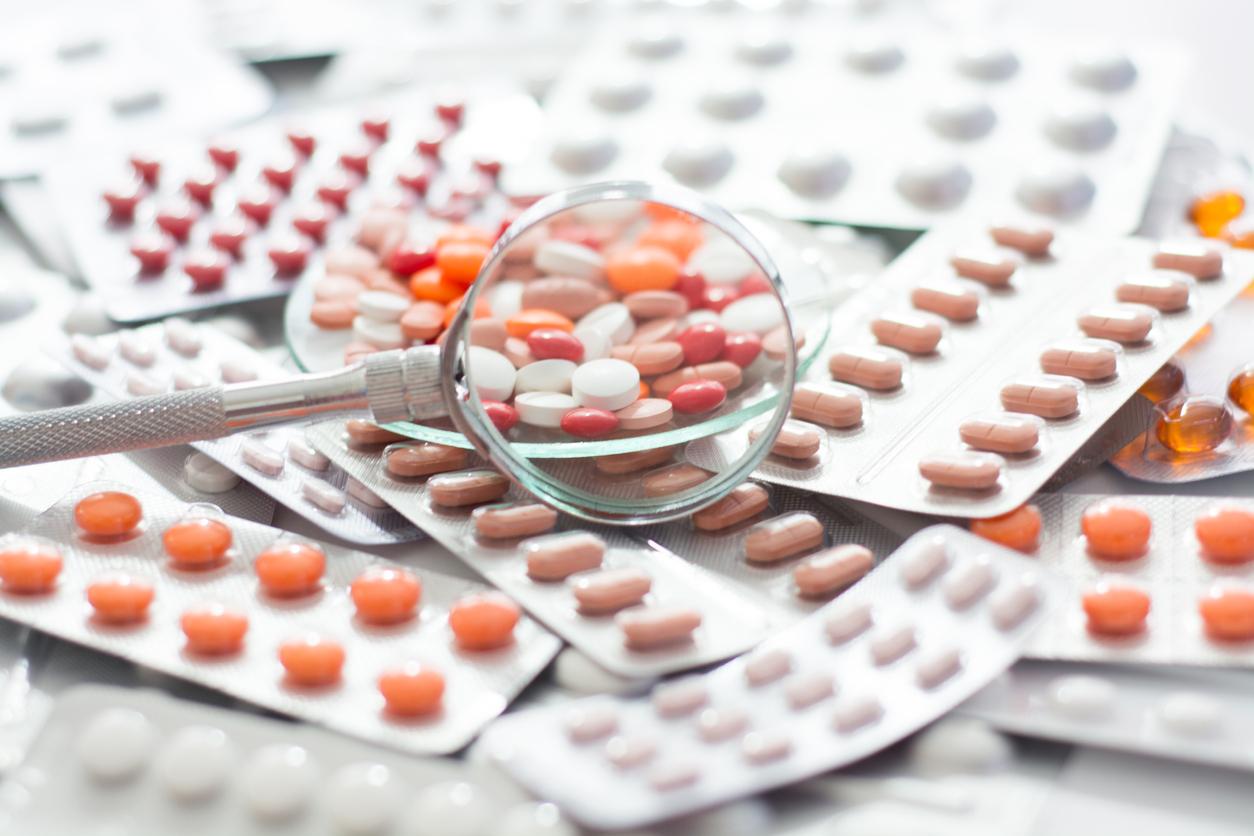Hiccup spike thrush, I’ll give the hiccups to you. Read 6 questions and answers about hiccups to find out whether these and other home remedies really help.
What is the hiccup?
During hiccups, the diaphragm, a muscle, contracts convulsively and moves downwards forcefully. You breathe in and then the vocal cords move towards each other in a reflex. They close the glottis and the inhaled air can no longer enter the trachea. The inhalation stops abruptly and that causes a sound: hiccups. Very occasionally it stays with that one hiccup, but usually more follow. The hiccups last a few minutes to a maximum of fifteen minutes, but very rarely do the hiccups last longer.
Why do hiccups sometimes last for a long time?
Usually a disease is the cause of long-term hiccups: stomach and intestinal diseases, brain diseases and kidney diseases, for example. Sometimes a person continues to hiccup for no apparent reason.
What causes it?
This is often not clear. The contraction of the diaphragm can be a result of gluttonous food or from drinking carbonated drinks or alcohol. Hiccups can also be artificially induced. In one study, a balloon was placed in the esophagus of test subjects. That was then blown full of air. If the inflation happened quickly — something that has the same effect as swallowing an Easter egg — half of the participants experienced hiccups. Slow inflation didn’t cause hiccups in anyone. Unborn children sometimes suffer from hiccups in the womb. The mother then feels that as shocks.
What’s the point of the hiccups?
That is unknown, but three functions are conceivable. First, the hiccups may have to prevent people from swallowing too large chunks of food. It is also possible that the hiccups have to expel too much air from the stomach. Because solid particles can also come along with that air, the glottis closes off the trachea. Normally the larynx stops these solid particles, but in this case the larynx acts as an emergency valve. The third possible function of the hiccups is to train the respiratory muscles of the unborn child – the hiccups then ‘accidentally’ continue to exist after birth, when it is actually superfluous. But maybe this is all bullshit and the hiccups just don’t help.
What can be done about it?
None of the DIY methods are known to actually shorten the duration of hiccups. Gargling with water, drinking ice water, drinking head down from the back rim of the glass, drinking a glass of water slowly… These are ways to stimulate the nose and throat, interrupting the reflex and stopping the hiccups. A special way comes from a Canadian: drink water through a straw and press both ears shut at the same time. Who knows it might work.
Although the hiccups do not appear to be caused by a disturbance of breathing, many anti-hiccup methods do focus on the breathing. For example, breathing in and out slowly ten times or saying a rhyme as many times as possible without breathing (hiccup thrush, I’ll give the hiccups to you, I’ll give it to another man who can tolerate it better).
If you often have hiccups after eating or drinking, you can try to chew the food longer or to avoid carbonated drinks and alcohol. Scaring someone would also help. After all, an unexpectedly loud noise leads to the contraction of the muscles around the esophagus. That would make it tough
contraction of the diaphragm can be interrupted.
Are there medicines for it?
If the hiccups are prolonged, the doctor may prescribe a medicine. These were created to combat diseases such as schizophrenia and spasticity, but in practice they have also been shown to work against hiccups. If nothing really helps, the nerve to the diaphragm can be cut.
Sources):
- Plus Magazine

















